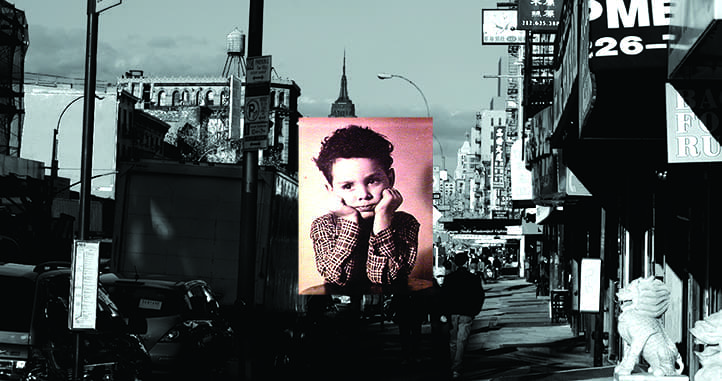“Climate Anxiety” has become a widespread theme lately. As Bio4Climate began planning an event along those lines, I thought of my own anxieties about biodiversity loss and global warming, and wondered how to transform climate distress into a rich, meaningful and adaptive state of mind. I’m finding that it helps when I embrace rather than avoid the emotions that flow through me in this time of growing personal, social and ecological turbulence.
I became a climate activist around the turn of the millennium, and after a few years I started questioning our intensive focus on greenhouse gases. That’s when my interest in the natural world, a world I hardly knew, began to blossom.
I grew up in Hell’s Kitchen in New York City (before it was chic), and aside from grass growing between the cracks in the sidewalk, a few errant rodents or city-type insects, my pet cat, and playing ball in the park, I knew little about what we call “nature.” It was something I vaguely supposed was there, but of little consequence. A very 1950s urban view of Planet Earth.
Throughout my life, including my early years of climate activism, I saw the world I was in as separate from the seemingly messy world of nature. I had some minor episodes of understanding – when I was in college in rural Vermont I discovered that the moon could cast a shadow, invisible in over-lit cities – but mostly my life was as a city kid, city-raised and city-educated, working and living in cities, enjoying and practicing arts that flourished in cities. I imagined that this was the world as it was, supplying all I would ever need. Food came from supermarkets, wood from lumber yards, clothes from Macy’s – even romance flowered from chance encounters at bookstores or a local bank.
I was a stranger in nature even though I didn’t know it, and falling in love with the living Earth was as much an act of desperation as anything else. The greenhouse gas explanations weren’t working. After over two decades of absolute immersion in that simple solution, levels of carbon in the atmosphere grew and grew. If turning off fossil fuels and other sources was the only solution, there were no solutions. I was scared, confused, and I felt like a victim of outrageous group-think. We had painted ourselves into a corner. I needed to find something else.
What I discovered was a gateway to a new world as old as the Earth, where hope sprung eternal in the soils, the skies, the winds, the trees – everywhere. Over the last ten years it has been an astonishing voyage which has animated my trillions of cells (mostly helpful microbes), and offered hope that only diverse living systems make possible. And I finally realized that the most important problem to attend to was the massive loss of life of all species now unfolding on Planet A.
My whiplashing climate emotions pummeled me with fear; excitement and new learnings; joys at revelations of nature; denial; delight at meeting many new people around the world doing amazing things; rage; comfort at being part of a global movement; unfolding deeper panic; gratitude at being able to make some difference in how biodiversity and climate play out; despair at human intransigence and stubborn ignorance; deeper thinking about life, living, death; climate fatigue; determination to ignore global warming and go on living with business as usual as long as possible (imagining that’s forever). Bio4Clmate colleague Rob Lewis added this comment:
I too feel a mixture of much more than anxiety. Grief of course, but also a strange hope in nature’s raw power and intelligence. Your mention of learning about the living climate as a “gateway” raises a profound point. If climate physics and CO2 fixation has further alienated us from nature, then climate biology and natural solutions may be the portal back in, with the potential to spark a new environmental movement.
Anxiety is not our only “climate emotion,” far from it. Nor should it be. As we embrace our other powerful feelings, ones we like and ones we don’t, we grow the possibilities for the world at large, for our many living relationships, and for our own hearts.
That’s my story, how I’ve learned that it’s possible to love and honor nature, even from a concrete jungle. Even though, seven decades later, I’m still a city kid.
Miracles happen every day!
To catch a glimpse of our event Climate Emotions: Facing the Storm Together, watch the recording here.

